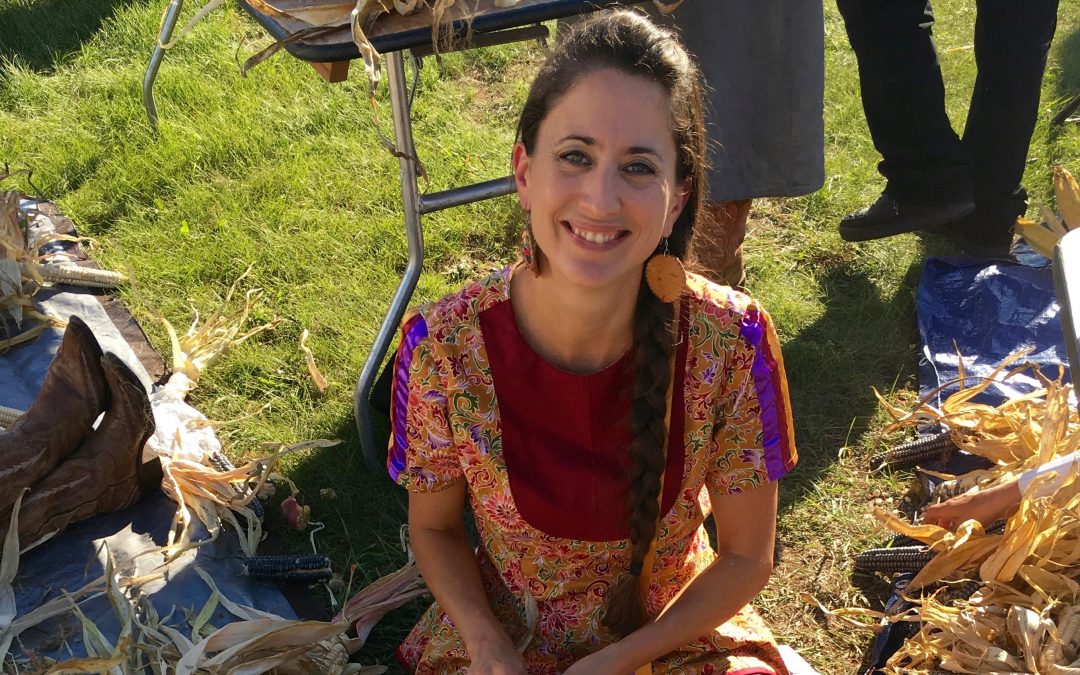

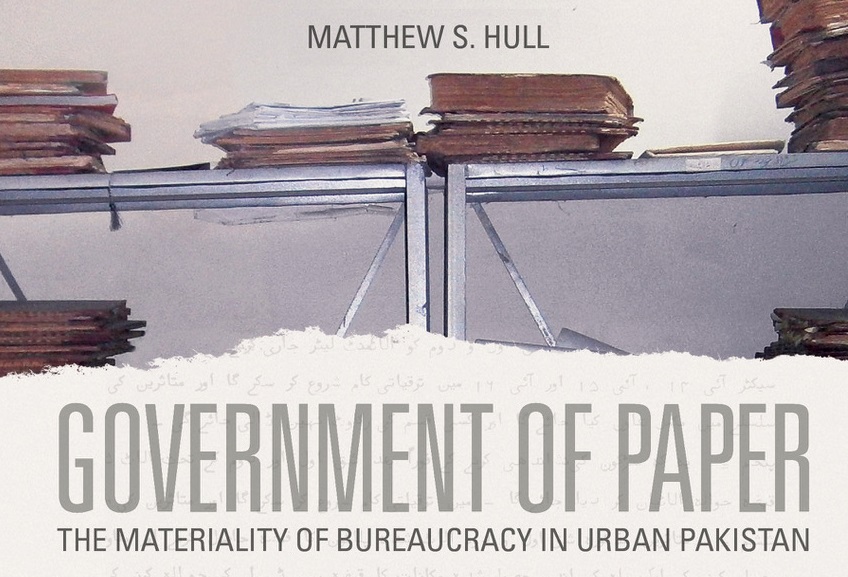
2019 J. I. Staley Prize Winner – Government of Paper: The Materiality of Bureaucracy in Urban Pakistan
Cities are shaped as much by paper and rubber stamps as they are by bricks and mortar, argues Matthew Hull in Government of Paper. By tracing the unexpected ways in which documents travel, he exposes the secret life of paper that profoundly shapes the built landscape of the planned city of Islamabad, and more broadly, gives us new ways of understanding bureaucracy on a global scale.

SAR Remembers John S. Catron
The School for Advanced Research joins the community in mourning the loss of John S. Catron.
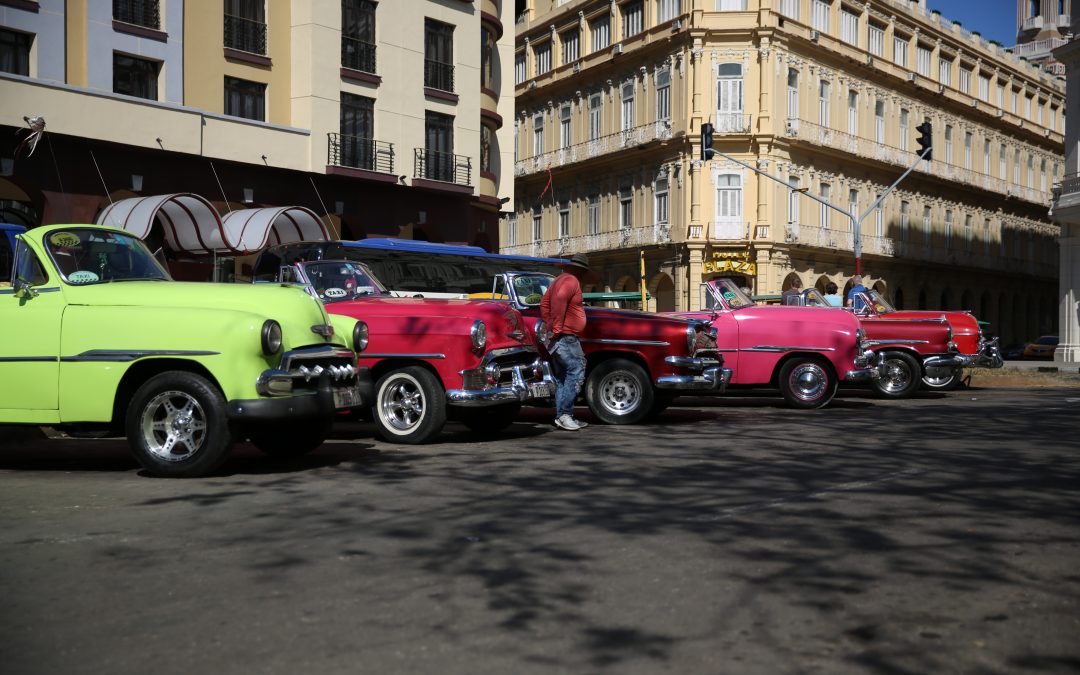
Exploring Cuban Culture with Paul Ryer
Director of SAR’s scholar programs, Paul Ryer, shares stories from his research into what it means to be Cuban and how residents of Cuba perceive the world and their role in it.
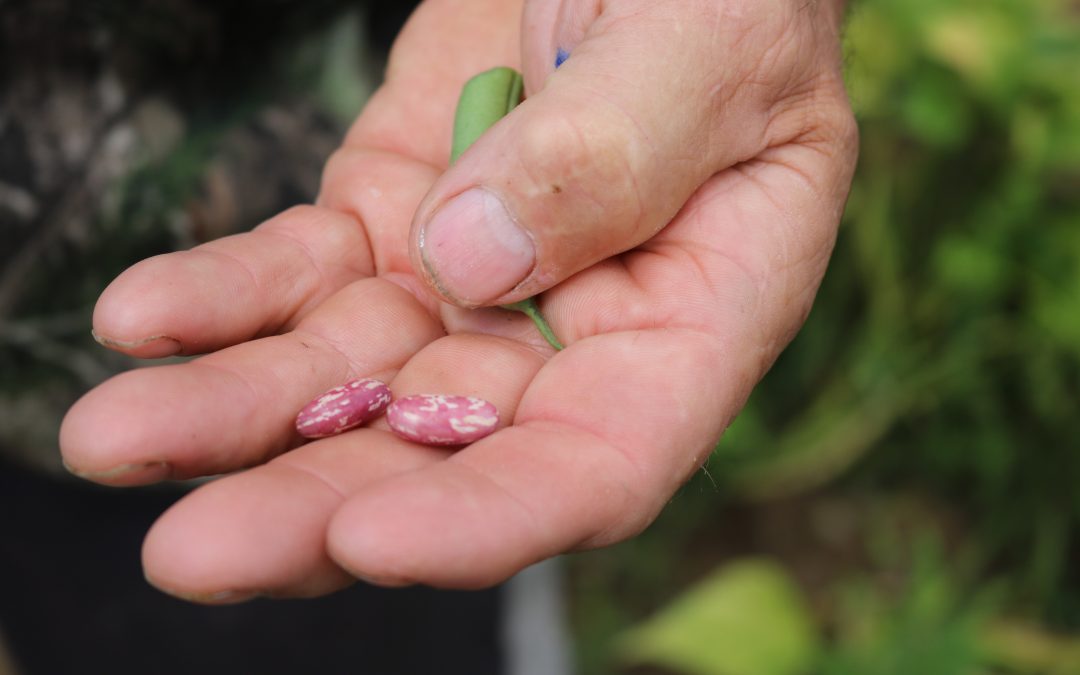
From “Garden Warriors” to “Good Seeds” – Indigenizing the Local Food Movement with anthropologist Elizabeth Hoover
The School for Advanced Research (SAR) is pleased to host anthropologist Elizabeth Hoover for an exploration of seed sovereignty and how issues like global climate change are influencing farming and food practices in Native American communities. Drawing on extensive visits to thirty-nine Native American food and farming heritage projects—including several in New Mexico—and formal and informal interviews with chefs, farm owners, growers, and community members, Hoover’s current work will serve as one of the first comprehensive multi-site ethnographies of the Native American food sovereignty movement.

Best-Selling Book by SAR Alumnus Challenges Traditional Narratives of Native America and Underscores the Achievements of Indians in Contemporary Culture.
A new, widely acclaimed book by SAR scholar alumnus David Treuer is challenging long-held views of the state of Native America. The Heartbeat of Wounded Knee, argues that Dee Brown’s famous history of Native American dispossession and genocide, Bury My Heart at Wounded Knee, perpetuates a mistaken impression of the situation of American Indians today.

Solstice Project LiDAR and 3D Modeling is Unlocking Chaco Canyon Mysteries
Creative Thought Forum speakers preview their upcoming lecture in an interview with Mary Charlotte Domandi. Anna Sofaer and colleagues share stories about how the use of LiDAR technology and 3D modeling are revealing evidence of roads and structures throughout the Four-Corners area.
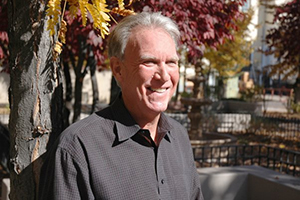
Richard Eeds Explores SAR and the Creative Thought Forum Series on Coffee and Culture
On a recent Saturday afternoon, Coffee and Culture radio host, Richard Eeds,highlighted SAR’s history, programs, and upcoming events including the sold-out lecture with archaeoastronomer Anna Sofaer scheduled for January 24, 2019.
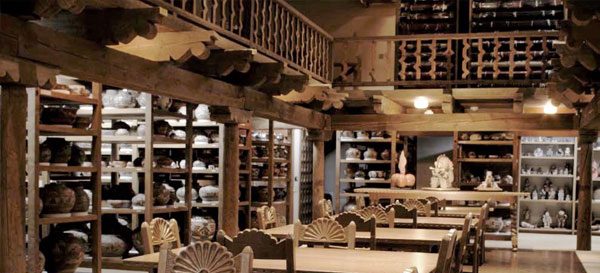
IARC Director, Brian Vallo, Resigns to Assume Role as Acoma Pueblo Governor
Brian Vallo, four-year director of the Indian Arts Research Center (IARC) at the School for Advanced Research resigned on Friday January 4, 2019. Starting immediately, Vallo will assume the role of Acoma Pueblo’s governor.
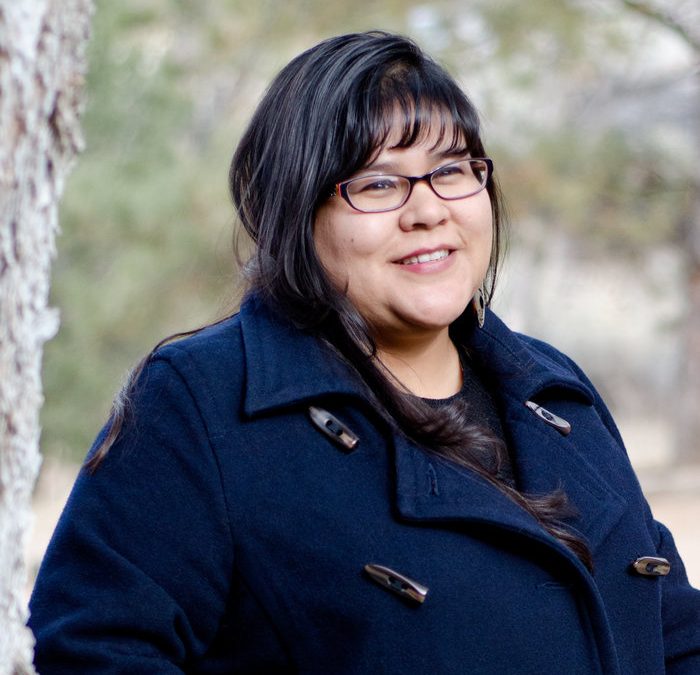
Exploring Personal and Collective Loss in Poetry and Fiction: Casandra Lopez Receives Artist Trust Award
This week, the Washington nonprofit, Artist Trust, announced Casandra Lopez, SAR’s 2013 Indigenous Writer-in-Residence, as the recipient of the 2018 James W. Ray Venture Project award. Given to two individuals annually, the award honors creatives who the Trust believes demonstrate exceptional originality.